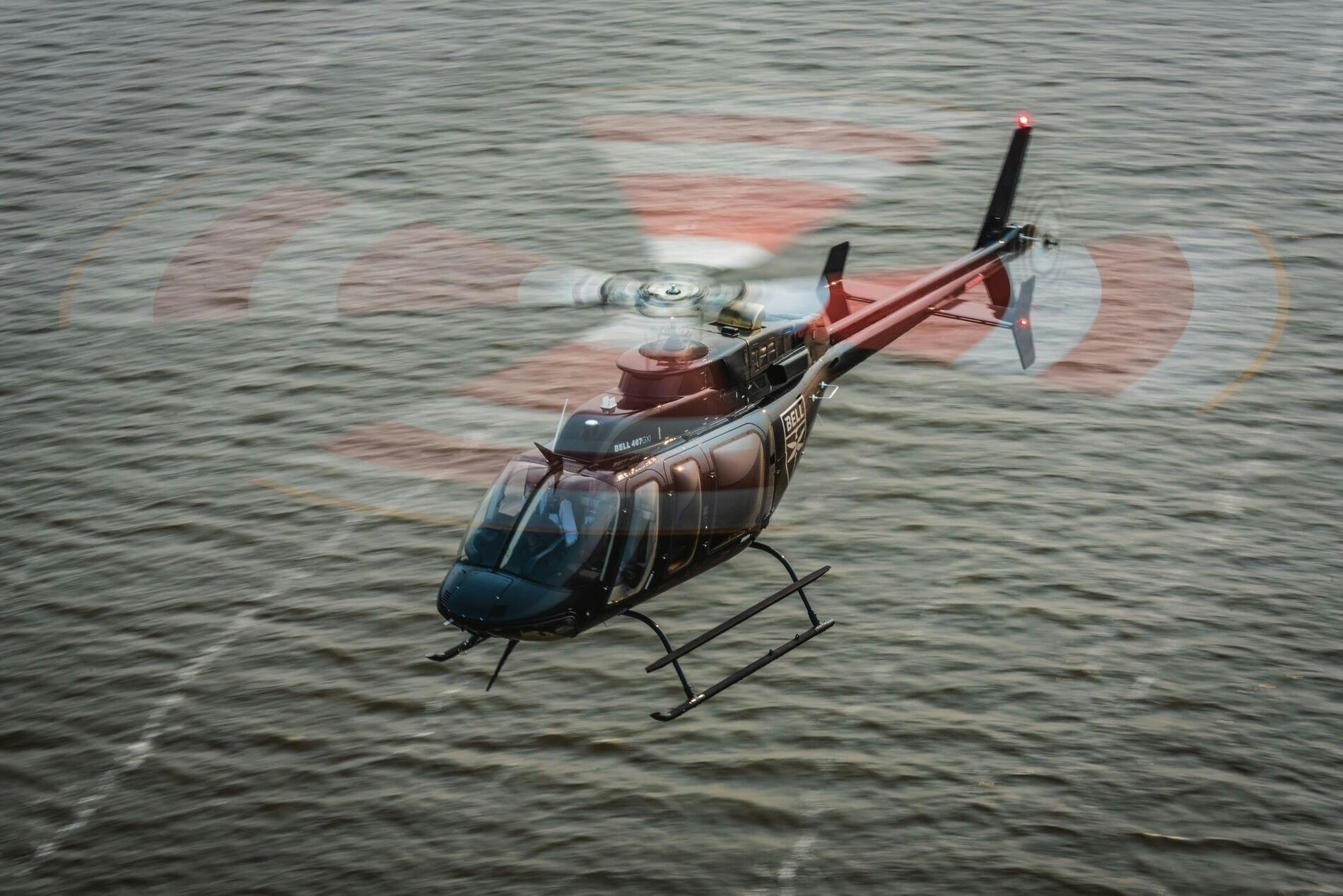
AeroGenie — ваш интеллектуальный второй пилот.
В тренде
Categories
The World’s Longest Commercial Aircraft and Airbus’s Concerns
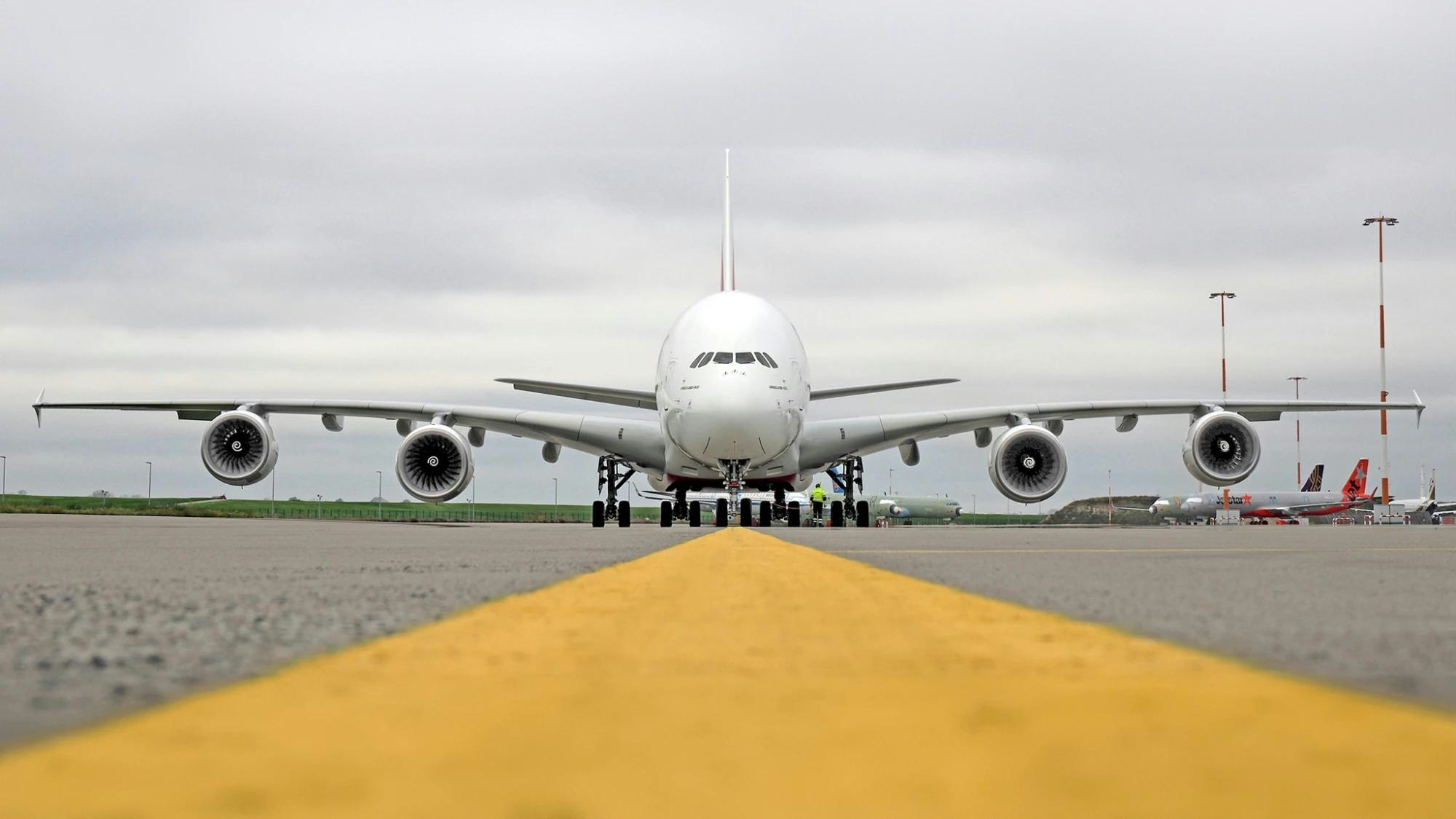
The World’s Longest Commercial Aircraft and Airbus’s Concerns
For decades, Boeing and Airbus have dominated the commercial aviation industry, their rivalry profoundly shaping airline fleets across the globe. Each new aircraft introduced by one manufacturer has historically compelled a strategic response from the other, resulting in some of the most influential and iconic planes in aviation history. Among these, the Boeing 747 stands out not only as a symbol of innovation but also as the world’s longest commercial aircraft still in operation. Its unprecedented size redefined long-haul travel and prompted Airbus to develop its own superjumbo, the A380, intensifying competition across multiple market segments.
Enduring Legacy Amid Industry Challenges
Although production of the 747 has ceased, the aircraft continues to exert a significant influence on Airbus and the broader aviation market. The global commercial fleet is aging; according to the International Air Transport Association (IATA), the average age of aircraft reached nearly 15 years by the end of 2024, surpassing the long-term average since 1990 by over a year. Deliveries of new aircraft have also fallen short of demand. While 2018 saw a record 1,813 deliveries, only 1,254 aircraft were delivered in 2024, representing a 30% shortfall from expectations. Projections for 2025 have been revised downward amid ongoing supply chain disruptions affecting both Boeing and Airbus.
These factors have compelled airlines to retain older jets, particularly widebody aircraft like the 747, which can remain operational for 25 to 30 years with proper maintenance. Although the 747’s presence in passenger service has diminished, its role in the cargo sector remains vital due to its unmatched payload capacity. This operational longevity ensures that the 747 remains a significant consideration for Airbus and the industry at large.
Strategic Rivalry and Market Dynamics
Beyond the challenges of aging fleets and supply constraints, strategic competition continues to shape the landscape. Boeing’s introduction of the 747-8, the final iteration of the jumbo jet, was a deliberate move to complicate Airbus’s efforts to make the A380 profitable, thereby sustaining rivalry in the superjumbo segment. This competition dates back to the late 1990s when Boeing proposed a joint study with Airbus to replace the 747. Although the collaboration did not materialize, it reinforced Airbus’s ambitions while underscoring the risks inherent in developing such large aircraft.
The world’s longest commercial aircraft also faces broader industry challenges, including regulatory approvals, evolving safety standards, and the logistical complexities of maintaining and operating such large jets. Market responses have been mixed; Boeing’s shares recently surged following reports of a potential 500-aircraft deal with China, highlighting the critical importance of securing large orders. Meanwhile, Airbus remains vigilant not only regarding Boeing’s strategic moves but also in response to China’s expanding ambitions in aircraft manufacturing, a development that could significantly alter the competitive landscape.
Both manufacturers continue to face pressure to meet delivery targets amid persistent supply chain disruptions, while emerging competitors like SNC threaten to disrupt established market dynamics. As the aviation industry evolves, the legacy of the 747—and the rivalry it embodies—continues to influence strategic decisions, ensuring that the world’s longest commercial aircraft remains a central figure in the ongoing narrative of global aviation.

Europe Advances Aviation Sustainability Through SAF Mandates and Innovation

Lufthansa's Fleet Plans for 2025
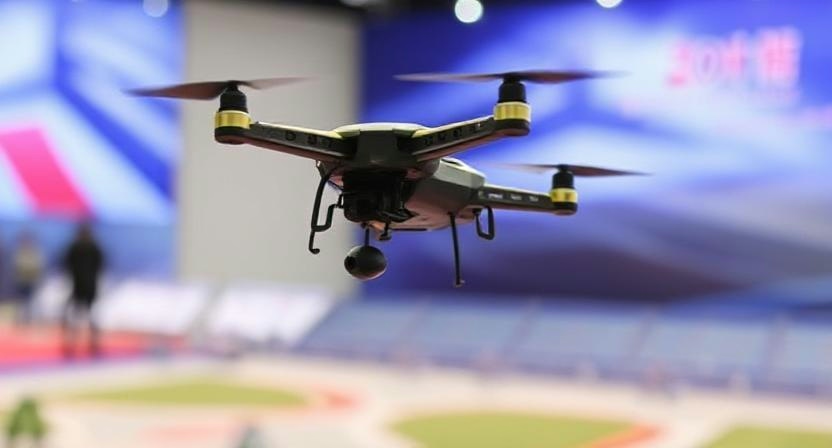
Fifteenth National Games Model Aviation Finals in Longhua Showcase Drone Sports and Innovation
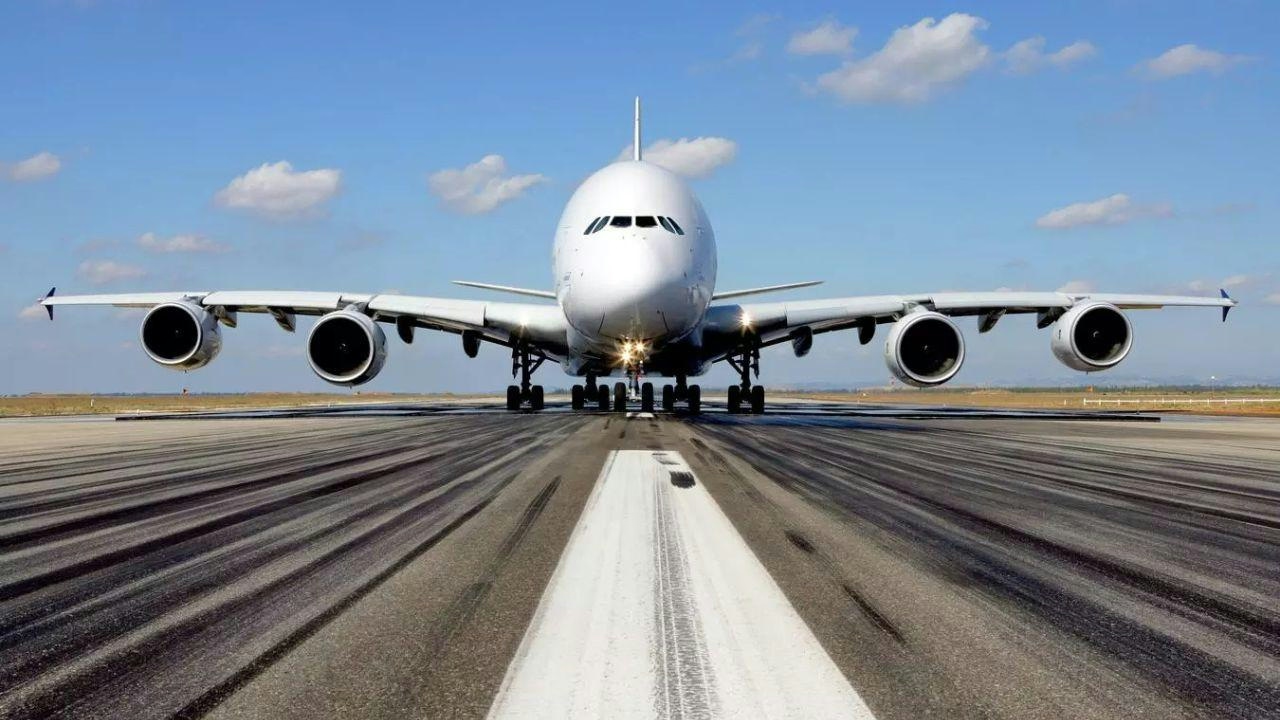
Brazilian Woman Becomes First Female Captain of Airbus A380
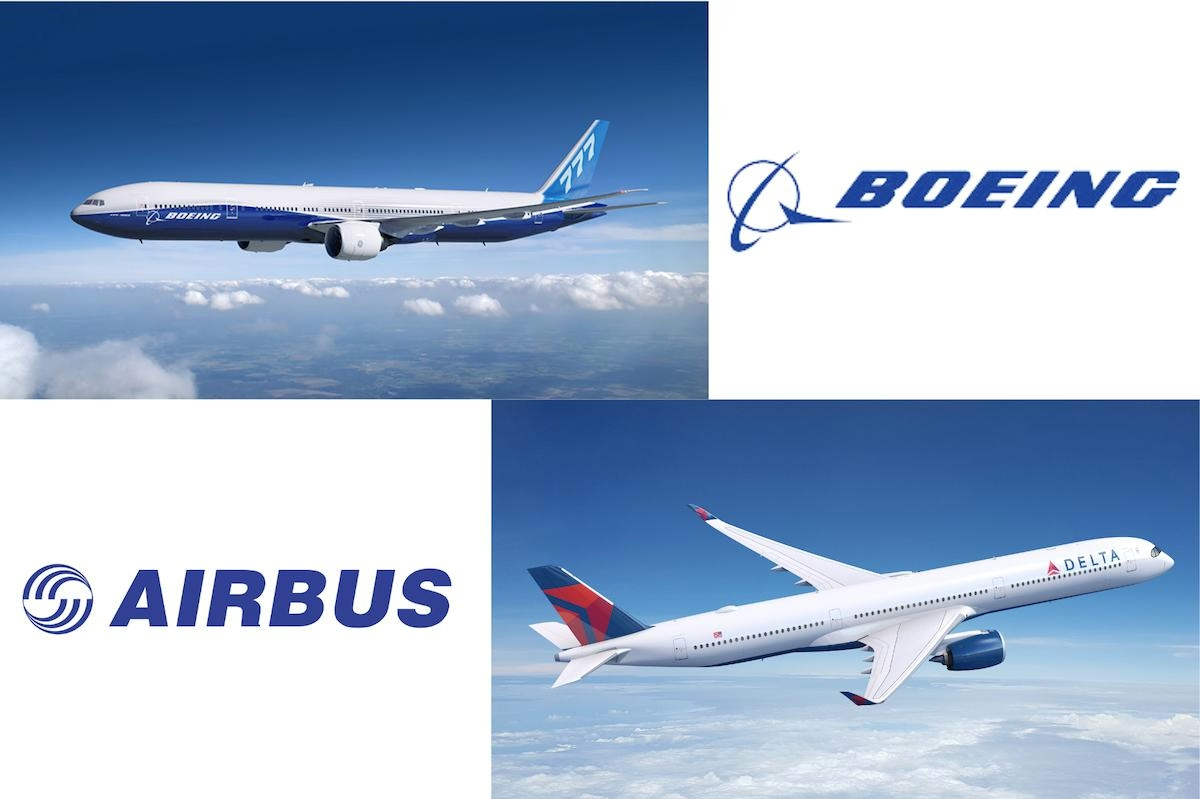
Airbus and Boeing: Comparing Their Global Reach

Vietjet Orders 100 Airbus A321neo Jets, Strengthening UK-Vietnam Strategic Partnership
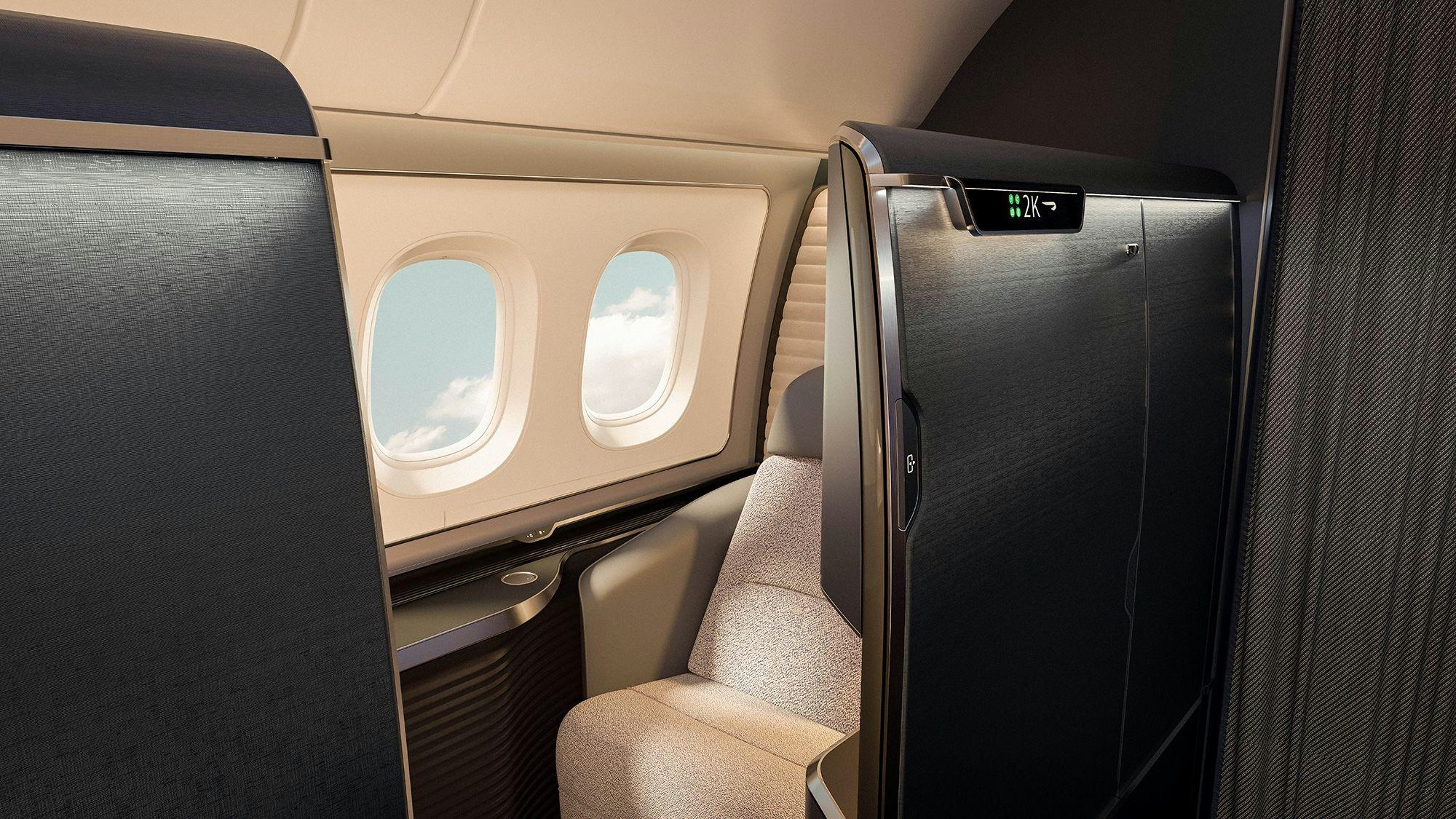
The Aircraft Set to Replace the Iconic Superjumbo

Delta Air Lines Introduces AI-Powered Concierge Service
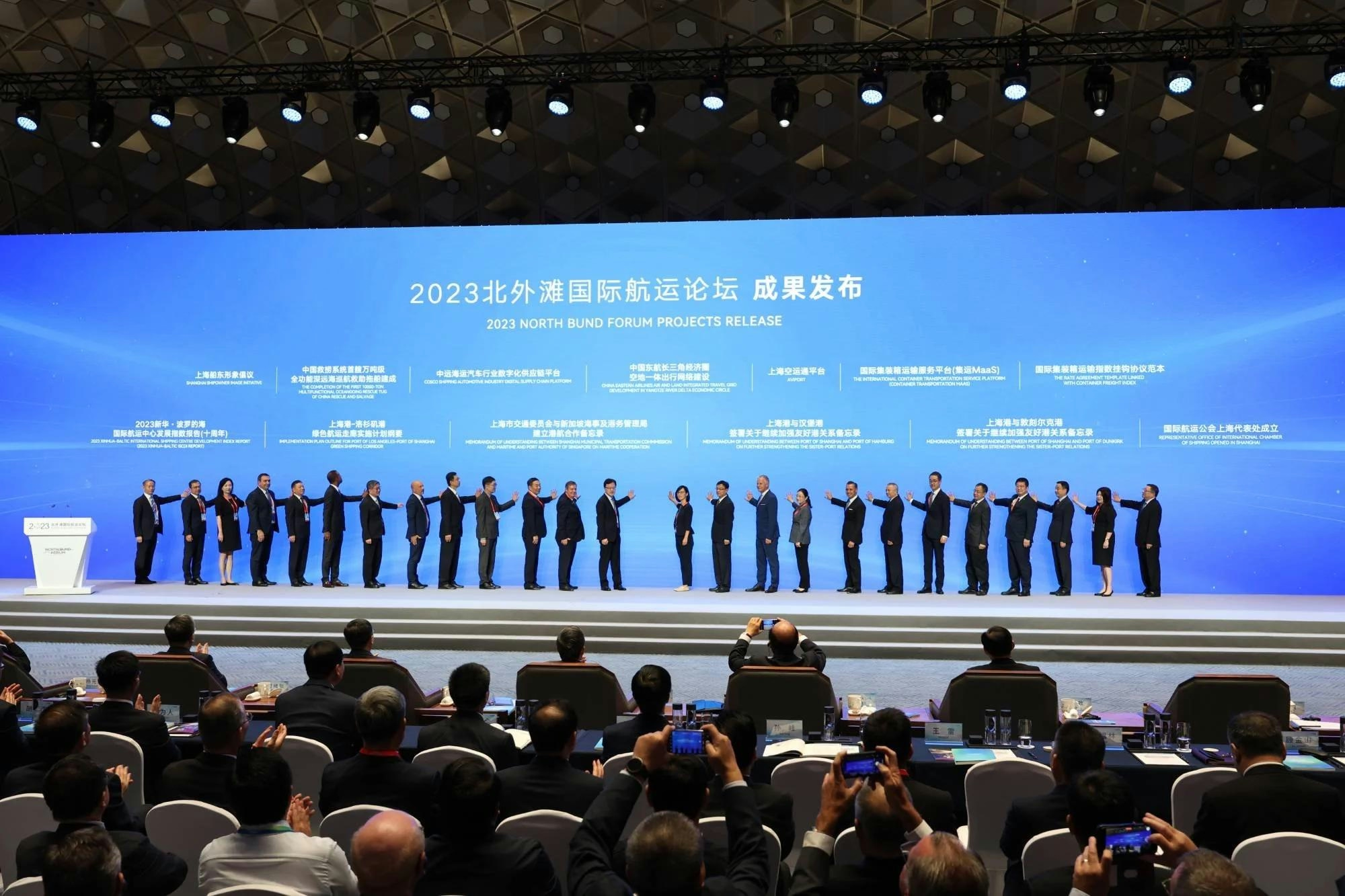
Shanghai to Host 2025 North Bund International Aviation Forum
